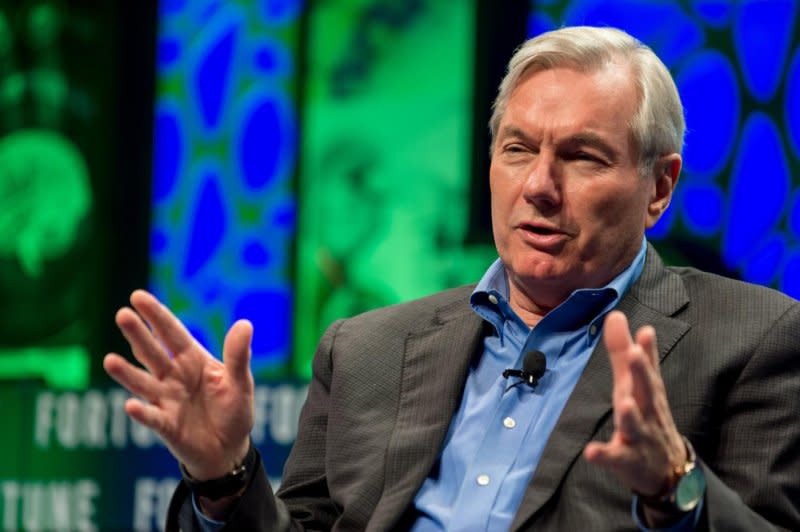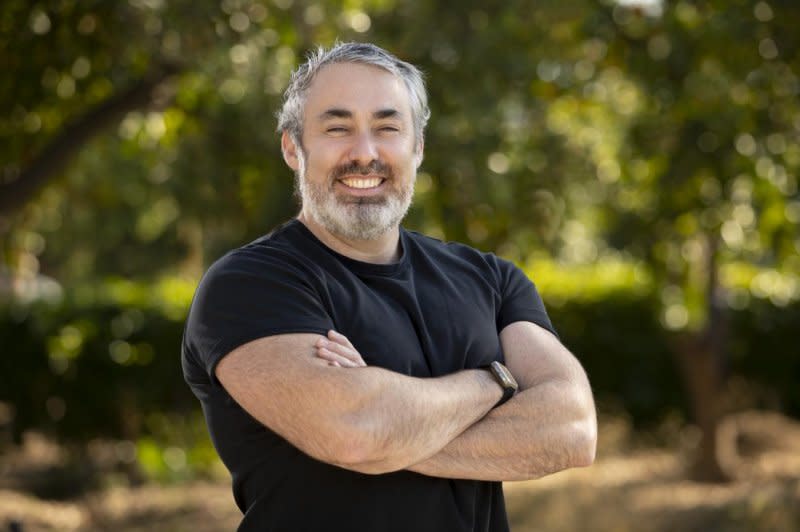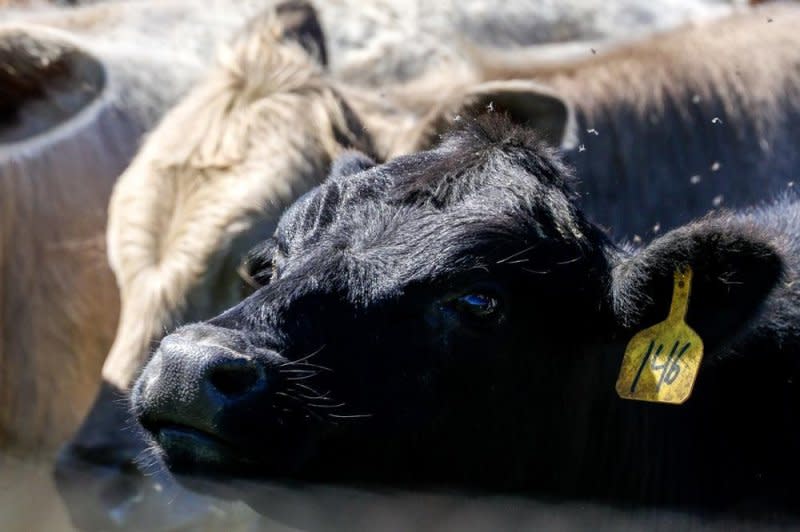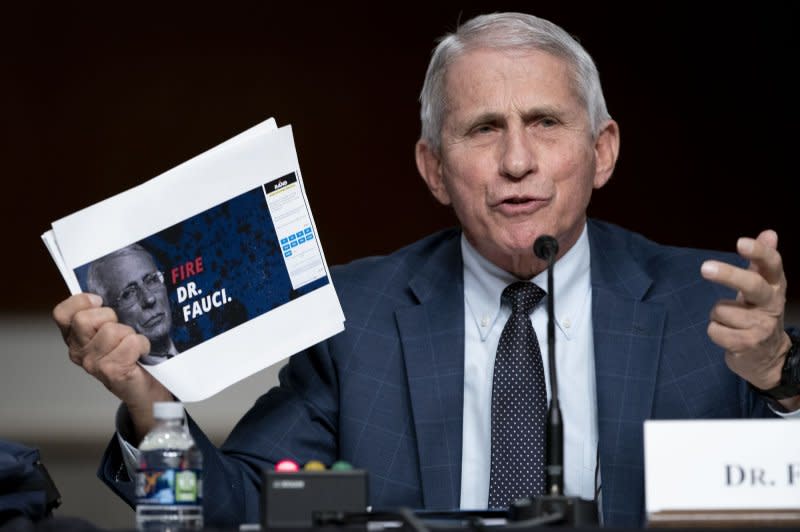Experts: Nation needs to prepare for next pandemic, even if it's not bird flu

- Oops!Something went wrong.Please try again later.
NEW YORK, June 18 (UPI) -- The United States must prepare for the next pandemic, even though many people remain fatigued from the last one and there's no indication that bird flu -- once thought likely to be the cause of a global health crisis -- will spread widely among humans, experts told UPI.
"There are going to be more pandemics, and they could absolutely be worse than anything we've seen to date, so we have to be better prepared," Michael Osterholm, director of the Center for Infectious Disease Research and Policy at the University of Minnesota, said in a phone interview.
That said, "the virus that's going to cause the next pandemic is likely going to be one that's not currently around," he added.
As the COVID-19 pandemic illustrated, even experts who have been following infectious diseases such as influenza or coronaviruses "can't say with certainty" what virus will cause the next pandemic or exactly when it will happen, Osterholm said.
Still, given the potential impacts of a pandemic on public health and safety, as well as the economy and society in general, now is not the time to lower the guardrails.

COVID-19 'still here'
By now, most know the grim statistics. Nationally, to date, nearly 112 million confirmed cases of COVID-19 have been reported, and more than 1.2 million people have died from the virus, according to the Centers for Disease Control and Prevention.
![Bird flu will be a serious concern "only when [it] starts spreading among people," Duke University immunologist Dr. Tony Moody says. Photo courtesy of Duke University Medical Center](https://s.yimg.com/ny/api/res/1.2/JrOcOEHKsFaCM4jZrJKZhg--/YXBwaWQ9aGlnaGxhbmRlcjt3PTcwNTtoPTQ2OA--/https://media.zenfs.com/en/united_press_international_articles_356/e168e04bef2419abd3f646e3c5c876b3)
Between April 13 and June 1, the country saw a slight uptick in positive tests for COVID-19 and in emergency room visits and hospitalizations among those sickened, the agency reported.
The virus accounts for less than 1% of all deaths in the United States, it estimated.

"For COVID-19, I think we've moved from pandemic to epidemic, in that we seem to have moved past the first huge waves and now have additional waves of transmission that surface and recede," Dr. Tony Moody, a professor of immunology at Duke University Medical Center in North Carolina, told UPI in an email.
"It's moving toward something like influenza where there are waves, but I don't think we've hit a stable pattern yet for COVID-19," he said.

Although much of society has moved on from the most recent pandemic "COVID-19 is still here and new variants may emerge," according to Brandon Brown, a professor of social medicine, population and public health at UC Riverside School of Medicine, told UPI in an email.
"It's a lot like sunsets -- when is the sunset officially over? Is it when the sun falls below the horizon?" Osterholm added.
"What I can say with certainty is that the vast majority of the impacts of the pandemic are behind us, but I can't say we won't see another curveball from [the virus]," he said.
Time to plan is now
Even though it may be too soon to consider the last pandemic truly history -- it "took years" for the last major pandemic, 1918's Spanish flu, to stabilize, according to Duke's Moody -- the time to plan for the next one is now, experts say.
Conventional wisdom holds that COVID-19 marked the first pandemic-level virus since 1918, but this isn't actually the case, Osterholm said. In fact, he said, the world saw flu pandemics in 1957, 1968, 1976 and 2009.
"You can't count on [a pandemic being a once-in-a-century event] at all," Osterholm said.
"It's random and unpredictable, and the world's conditions favoring influenza and coronavirus pandemics have only increased with time, with more opportunities for contacts with animal populations that will result in spillovers."
The CDC has had a formal pandemic plan in place since at least 1997, but "the federal response to COVID-19 has been mixed, at best," according to a report from the Manhattan Institute released in February.
Working with private industry, the federal government's "Operation Warp Speed" led to the development of vaccines against the virus, the report says. However, the CDC "issued disappointing recommendations ... [that] often lacked a credible scientific basis ... [which] led to flawed or outright wrong guidance," it notes.
"Some of the trust in public health has been broken due to inconsistent messaging from different levels of government," UC-Riverside's Brown said. Overcoming that will take time, money and resources, Moody said.
Dr. Anthony S. Fauci, who headed the National Institute of Allergy and Infectious Diseases from 1984 to 2022 and helped to spearhead the battle against COVID-19, details in his new memoir, "On Call: A Doctor's Journey in Public Service," what he calls America's disastrous response to the pandemic. The book was published Tuesday.
Fauci's criticisms range from a lack of understanding of the disease by then President Donald Trump, as well as an inability by the CDC to quickly track cases and introduce effective testing technologies.
Much of that is addressed in the President's Budget for fiscal year 2024, which allocates $20 billion in mandatory funding over the next five years for the Public Health and Social Services Emergency Fund.
The fund earmarks resources for enhancing early detection and warning systems, securing safe and effective supplies and medical countermeasures, strengthening public health systems and core capabilities, according to the Department of Health and Human Services.
Examples of initiatives this money could support include improved testing facilities and increased inventories of supplies such as masks. It could also help bolster availability of medical equipment and medication to treat those sickened, experts said.
Some of the $20 billion in the President's Budget is earmarked for the development and distribution of vaccines, HHS says.
Bird flu spreads
What will happen with bird flu is uncertain, public health officials said. About 100 dairy herds in the United States -- in 12 states -- have been infected with H5N1 bird flu, according to the World Health Organization.
While deadly to chickens, turkeys and other poultry -- causing flocks where it is detected to be destroyed -- dairy cows' symptoms generally have been limited to reduced appetite and milk production. Daily experts said the cows generally recover with supportive care.
There have been three reported human cases, although 500 others are being monitored for the virus, the agency says.
Still, the virus has not shown signs of having acquired the ability to spread easily among humans, which is why the agency deems the risk to public health as low.
However, given those three confirmed cases among humans across the country, some in the public health field have called for a stockpiling of human vaccines against the virus.
The CDC has already contracted with a firm in North Carolina to produce 5 million doses of a vaccine that works against H5N1, otherwise known as avian influenza, or bird flu.
However, stockpiling vaccines effective against the virus in its current form may be useless in the future, given that it is likely to mutate before, or if, it becomes a pandemic threat, Osterholm said.
"The thing CDC and others are looking for is evidence of infection passing between people -- that would be the trigger," Moody added.
"There's lots of data showing that farmworkers who have animal exposure are incidental hosts for infections in those animals and most of them are asymptomatic or mildly symptomatic -- it's only when they start spreading among people that it becomes a serious concern."

